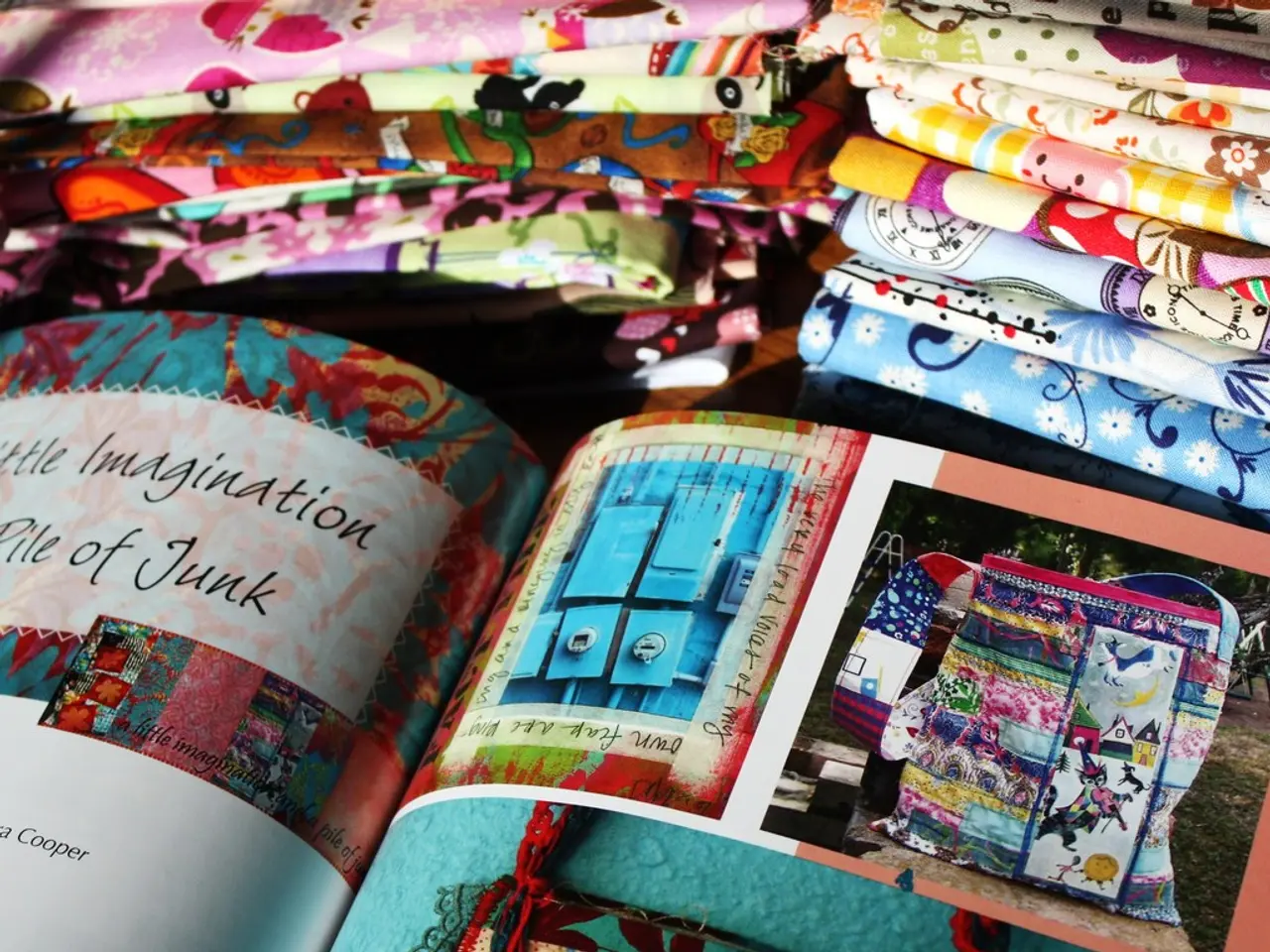Eight Strategies for Overcoming Regrets
In the journey of life, mistakes are an inevitable part. But instead of viewing them as setbacks, it's essential to understand that they are stepping stones towards growth and success.
Alina Tugend, in her book Better By Mistake, argues that focusing on mistakes is key to becoming an expert in any field. Analyzing errors can provide valuable lessons applicable to different areas of life. As Maya Angelou once wrote, "Forgive yourself for not knowing what you didn't know before you learned it."
One such example is Winston Churchill, who achieved unexpected political success after Neville Chamberlain's resignation in 1940. Despite earlier electoral setbacks, Churchill became Prime Minister during WWII and later influenced post-war policies.
The Japanese art of Kintsugi, which involves fixing broken pottery with gold, symbolizes the value of imperfections. This can be applied to human experiences, as our mistakes refine us and make us more interesting, sensitive, compassionate, and wise.
Self-compassion, as recommended by Kristin Neff, PhD, in her book "Self-Compassion," involves more than stopping self-judgment. It requires actively comforting oneself. Writing a letter to one's inner child can be a helpful form of self-compassion.
Continuing with the status-quo might seem more comfortable, but it often leads to second-guessing a harder path. Trusting one's instincts can help break the self-doubt loop and lead to better decision-making.
Making decisions is based on the facts and knowledge available at the time. However, our brains have a negativity bias, focusing more on panic than peace. It's common to view a mistake through the lens of current knowledge and criticize past decisions.
But it's important to remember that mistakes are lessons in disguise. Forgive yourself for lessons not learned, as Maya Angelou suggests, and find the silver lining in failure. Oprah Winfrey believes that failure is not failure but life redirecting us. Examples of this include Steve Jobs, Walt Disney, and Dr. Suess, who all experienced setbacks before achieving great success.
After a mistake, it's tempting to avoid risks. But continuing to take them is essential for growth and accomplishment. Each risk taken opens the possibility for mistakes, but also for new discoveries and satisfaction. So, embrace the art of Kintsugi, learn from your mistakes, and continue to take risks.
Read also:
- Peptide YY (PYY): Exploring its Role in Appetite Suppression, Intestinal Health, and Cognitive Links
- Toddler Health: Rotavirus Signs, Origins, and Potential Complications
- Digestive issues and heart discomfort: Root causes and associated health conditions
- House Infernos: Deadly Hazards Surpassing the Flames








